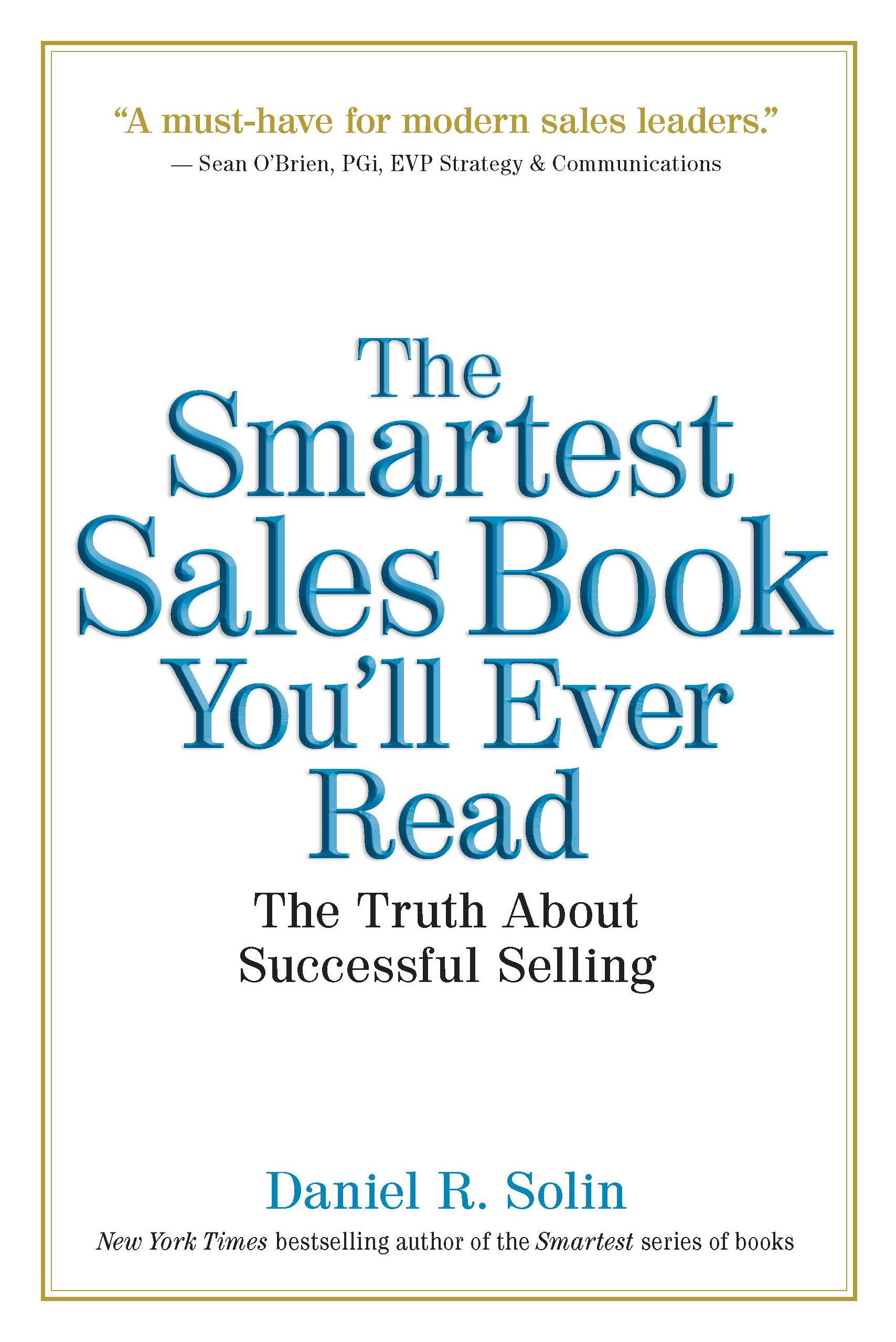The market has been experiencing gut-wrenching volatility recently. Monday, Aug. 24 was a particularly unsettling day. The Dow Jones Industrial Average (DJIA) lost 1,089 points before rallying to close down 588.
This kind of roller coaster ride creates understandable anxiety among investors. Should you sell and sit on the sidelines, waiting for the market to "settle down"? Should you buy on the dip, in the belief that the underlying fundamentals are still sound and the market will recover?
The financial media and the securities industry are eager to "help" investors answer these questions. Unfortunately, they pack a well-coordinated one-two punch likely to reduce your returns.
Bad advice
Before the markets opened on Aug. 24, with a selloff signaled by low futures prices, one financial media outlet generated this headline: "Five Charts That Prove This Selloff Is Serious". Among other troubling issues, the article discussed problems with the economy in China, the possibility of a "currency war" and fears about rising interest rates. The message was clear: Better dump your stocks and hunker down for a massive correction.
Some "investment pros" reinforced these concerns. This comment by Randy Frederick, managing director of trading and derivatives for Charles Schwab, was typical: "If things don't settle down in China, we could have another ugly open (Tuesday) and you wouldn't want to be caught holding positions you bought this morning."
Other market observers saw the drop on Aug. 24 as a "buying opportunity." Ryan Larson, head of U.S. equity trading for RBC Global Asset Management, was in the "buy" camp. He noted: "When a big selloff comes, it tends to be herd mentality. But once that herd gets out of the way, there can be some very good buying opportunities."
Where's the good advice?
Advice to buy and sell is good for the financial media. It keeps you watching and reading. More eyeballs mean more revenue. And it's great for your broker. Activity means commissions. Commissions increase profits.
Sound advice is boring. It involves an understanding of long-term data.
Between January 1926 and June 2015, the S&P 500 index declined by 10 percent or more 28 times. The average magnitude of the declines was 14.25 percent. These declines occurred over an average of 4.6 trading days.
As an intelligent investor confronted with a sharp drop in the market, wouldn't you find it helpful to know how the market reacted after these previous declines?
You are unlikely to find the answer in the financial media or from your broker. It is information they don't really want you to know because it might cause you to act in a way that's not in their interest.
For the year following these declines, the annualized compound return of the S&P 500 index was 23.56 percent. For the five-year period after these declines, it was 13.33 percent.
The conclusion from this data is obvious. A sharp decline in the market can be short term. Those who panic and sell could miss out on a rapid recovery, like those which have followed previous declines.
Doing nothing in response to market movements is harder than it may seem. It takes discipline to stick to a plan and focus on those factors you can control: your asset allocation, holding a globally diversified portfolio of low management fee index funds, exchange-traded funds or passively managed funds and deferring or avoiding tax liability.
If you want this kind of evidence-based advice, don't call your broker and don't watch the financial media.
 Dan Solin is a New York Times bestselling author of the Smartest series of books. His latest book is The Smartest Sales Book You'll Ever Read.
Dan Solin is a New York Times bestselling author of the Smartest series of books. His latest book is The Smartest Sales Book You'll Ever Read.
The views of the author are his alone and may not represent the views of his affiliated firms. Any data, information and content on this blog is for information purposes only and should not be construed as an offer of advisory services.
